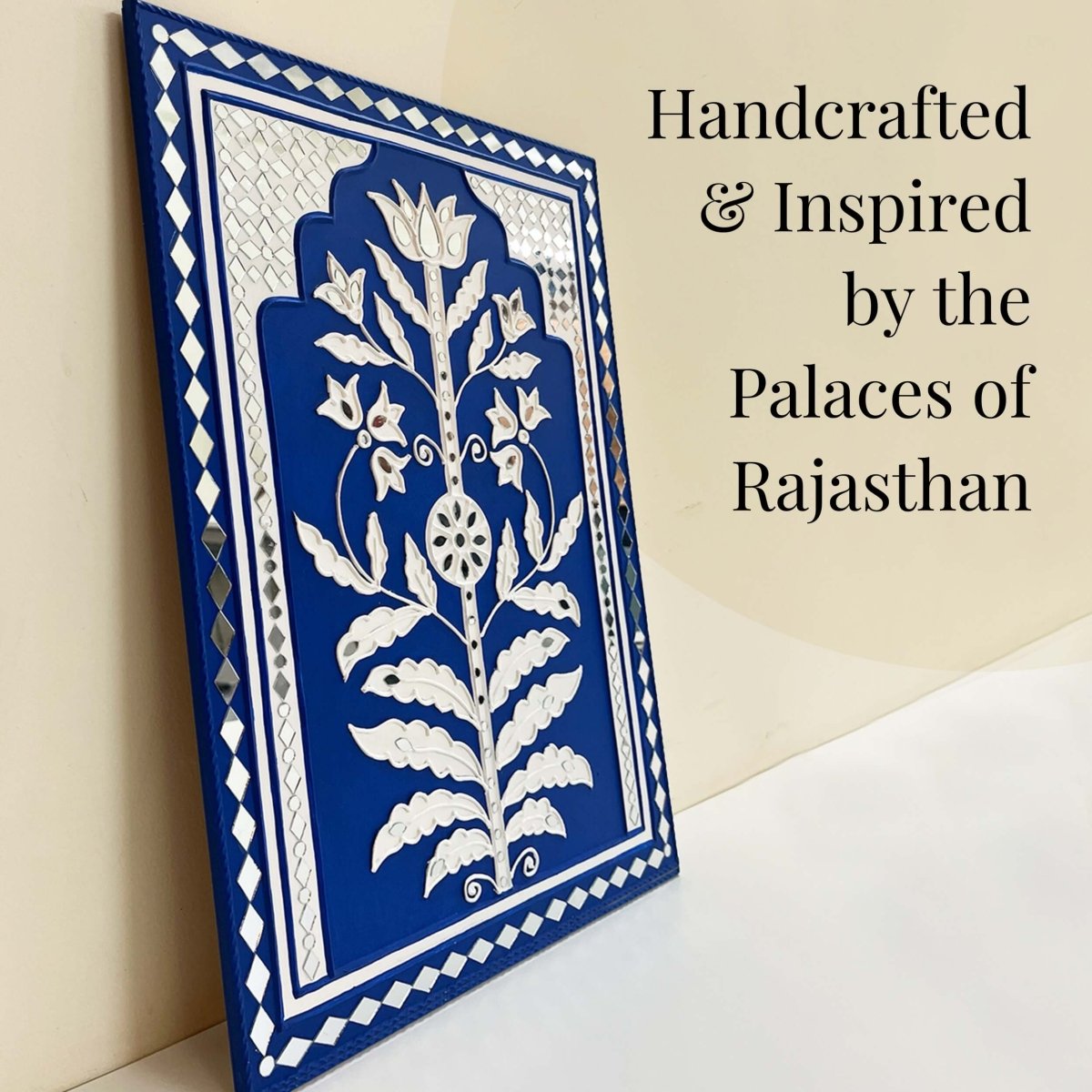Nanak Singh: Power of the Pen
BOOKMARK
In the year 1920, an epic poem KhooniBaisakhi shook the British administration in Punjab. It was a heart wrenching and angry account of the Jallianwala Bagh massacre, penned by a survivor who had witnessed the ruthless brutality and watched his friends die. The poem, which was so long that it ran into a booklet, was banned and all the published copies burned in Punjab. The young man who wrote it - Nanak Singh, went on to become one of the greatest literary giants of Punjab!
Nanak Singh’s life was one of triumph against all odds. He was born to a very poor family in the Jhelum district of Punjab in 1897 CE. His parents couldn't afford to educate him so Nanak Singh taught himself, even becoming a best-selling author by the time he was 21! His first publication, a set of Sikh religious hymns written in 1918, sold 1,00,000 copies!
However, it was the Jallianwala Bagh massacre which changed Nanak Singh as a writer. Seeing the horrific tragedy unfold before his eyes as British commander General Dyer ordered his troops to open fire at a group of peaceful revelers in 1919, and his own close call with death, made him pick up the pen and write a series of books against the oppressive and violent British rule in India.
– In 1920, an epic poem Khooni Baisakhi shook the British administration in Punjab
Though Nanak Singh went on to write 36 books over the next four decades, just one copy of the first print of the book Khooni Baisakhi survives today. Destroyed by the British after it was published, a copy of the book managed to make its way to England and it was brought back later in 1970s, thanks to the efforts of the late President of India, Gyani Zail Singh.
Nanak Singh often courted controversy through the books he wrote because they were honest and made pertinent points. Each of his books had a social message and much like the man he called his inspiration- writer Munshi Premchand, Nanak Singh used the power of the pen to inspire people and uplift society.
– Nanak Singh often courted controversy through the books he wrote
His famous novel Chitta Lahu (White Blood), was translated into Russian by Natasha Tolstoy, granddaughter of novelist Leo Tolstoy. Another one of his novels, Pavitar Paapi (Saintly Sinner) originally published in 1942, is currently in its 28th reprint in Punjabi. This book was not only translated into several Indian languages, it was even made into a Hindi film (by the same name) by his admirer, actor Balraj Sahni.
Nanak Singh was not just a prolific and successful writer, he represented the old world of literary giants who had a deep connect with society and strived to inspire change. It is a testimony to the power of Nanak Singh’s pen that he continues to inspire generations of his readers even 100 years later!
Cover image courtesy: www.sikh-heritage.co.uk
Jallianwala Bagh: Lifting the Veil









